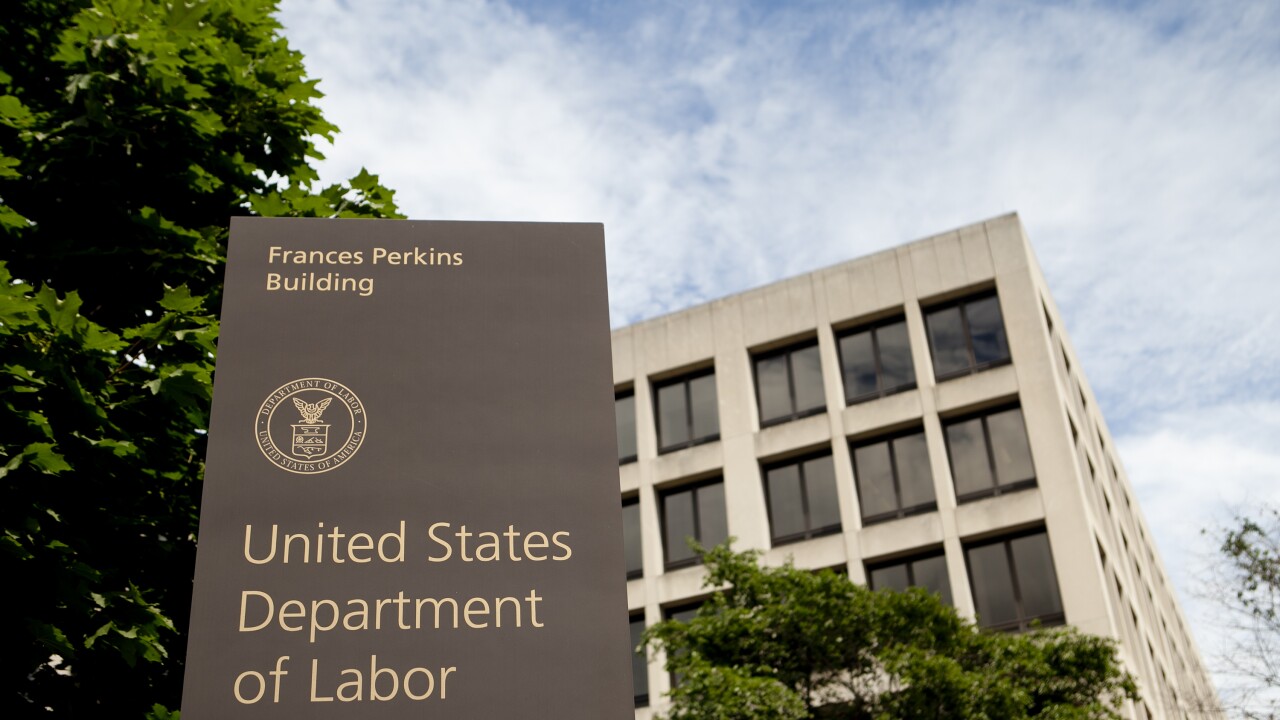(Bloomberg) The U.S. Supreme Court let stand a Colorado law that imposes reporting requirements on internet retailers in an effort to get customers to pay the sales taxes they owe.
The justices Monday turned away an appeal by a retail-industry trade group that challenged the measure as violating the U.S. Constitution.

The case raised questions about a 1992 Supreme Court ruling that bars states from requiring merchants to collect taxes unless they have a physical presence in the state. States lose $23 billion every year in uncollected sales taxes from web and catalog purchases, according to a 2012 estimate by the National Conference of State Legislatures, the most recent figures available.
Although consumers are supposed to pay the taxes themselves, few do unless the seller collects the money.
The Colorado law requires internet retailers to turn over customers’ names, addresses and purchase amounts to tax authorities. Merchants also must notify consumers of their obligation to pay taxes and provide a purchase summary to people who spend more than $500 in a year.
The Direct Marketing Association contended unsuccessfully that the law violates the Constitution’s commerce clause because it applies solely to out-of-state companies.
Colorado officials urged the Supreme Court not to hear the case. The state told the justices that, if they wanted to intervene, they should also consider overruling the 1992 ruling, which Colorado says no longer makes sense given the growth of internet retailing.
The case is a familiar one to the justices, who ruled on a preliminary question in 2015. In that decision, Justice Anthony Kennedy wrote a separate opinion to say that the court should at some point revisit the 1992 case.
The cases are Direct Marketing Association v. Brohl, 16-267, and Brohl v. Direct Marketing Association, 16-458.
- Greg Stohr, Bloomberg





